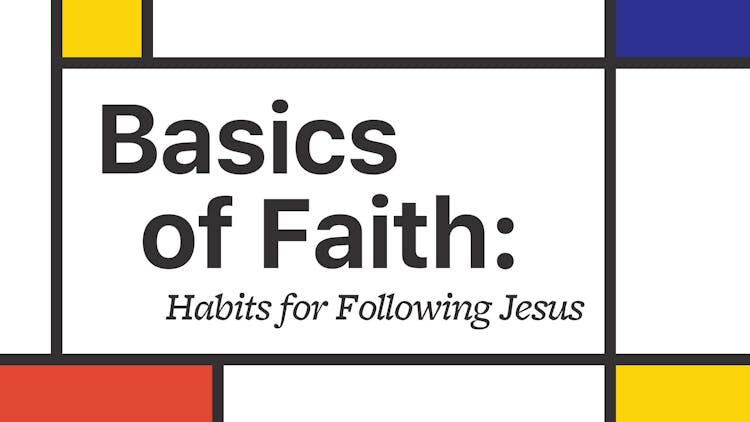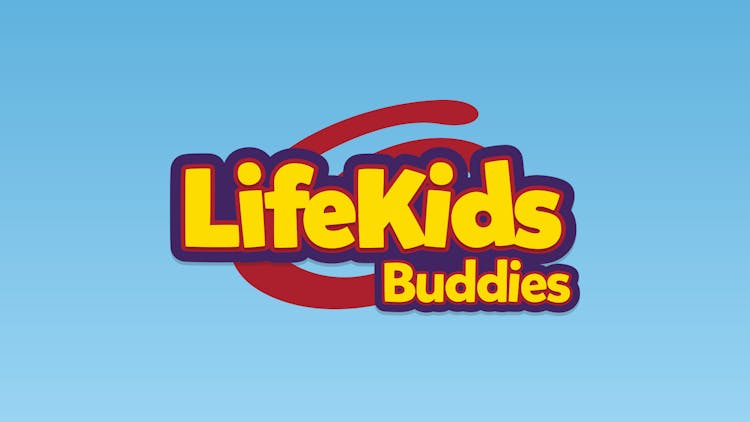All right. You’ve either just signed up to be a Buddy, are interested in learning about being a Buddy, or are already a Buddy looking for a refresher. No matter which reason you’ve come to this article, you’ll learn a lot about what a Buddy does—and you’ll be able to take an honest assessment to see if you’re qualified to be a Buddy. Spoiler alert: You probably are qualified!
What is a Buddy?
- A one-on-one Buddy provides one-on-one leadership and attention to any child who needs additional support. Buddies consistently work with and get to know the child so the child will feel safe. The child will be safer, too, because there is an extra set of hands and eyes to monitor the child’s needs. A one-on-one Buddy may support a child for several weeks, months, or years as needed.
- On-call Buddies work with the Coach. Every experience should have a floating Buddy on call. They can work with any new families who attend church and mention that their child may need extra support. They work with the Coach to identify and work with any other kids who may need extra support that day. Example: Any child can have an “off” day, causing them to require extra support. At the discretion of the Coach or LifeKids staff, the Buddy on call can work in any room to offer support to a child so other leaders can better focus on the needs of their small groups. An on-call Buddy may step in and out of rooms as needed to help different kids.
- A Buddy partners with the whole family. It’s stressful for parents or caregivers who are constantly called away from the church experience to pick their child up from LifeKids. A family with a Buddy can enjoy peace of mind while they’re at church because the Buddy works closely with them to learn what works at home, day care, or school, and helps apply those methods to offer a consistent, effective experience for the child.
- A Buddy is not always needed. The goal of a Buddy is to provide one-on-one support for only as long as it’s needed. When a child is able to stay in the room using the same supports as their peers, their Buddy can begin to work with a new family who needs them.
- LifeKids Buddies aren’t automatically assigned to every child with a known disability or difference. Buddies are an incredible blessing to kids who need them, but they’re not a catch-all, mandatory support system to be called in simply because of a child’s diagnosis or life situation. Many children with disabilities or children who are enduring difficult life events will adjust to their LifeKids environment with the existing supports in the room.
- Buddies reinforce the curriculum to a kid at the kid’s level. A Buddy will figure out what their little buddy is interested in and use that as their starting point for bringing Scripture and God’s love into the child’s world. Creative strategies include:
- Learning and/or utilizing alternative ways to communicate with a child who is nonspeaking or minimally speaking.
- Drawing a picture of Jesus and telling the child God loves them.
- Using a sensory toy to help a child calm and refocus.
Am I qualified to be a Buddy?
Some Buddies have formal training for working with children who need extra support, but that’s not required. You have what it takes to be a Buddy if you embody these qualities:
- I am patient with children.
- I can empathize with a child who demonstrates behaviors I don’t understand.
- I can think on my feet.
- I can remain calm in potentially stressful situations.
- I can be tactful and loving when speaking with parents.
- I can remain present in the moment.
- I can help LifeKids leaders learn strategies to serve children who need extra support.
What’s the bottom line?
It all boils down to one question. This is the most important thing. This is the deal-breaker if you can’t answer yes to it.
Can you be a friend?
If you answered, “Yes!” to being a friend, then you’re qualified to be a Buddy. There’s no mistake in the name “Buddy” for the role. Some kiddos need extra support—and it’s best offered in the form of friendship. It’s the single most important quality for a Buddy to possess. Don’t stress. When you live and love like Jesus, you’ve got what it takes.
My command is this: Love each other as I have loved you. Greater love has no one than this: to lay down one’s life for one’s friends. You are my friends if you do what I command. John 15:12-14 NIV


